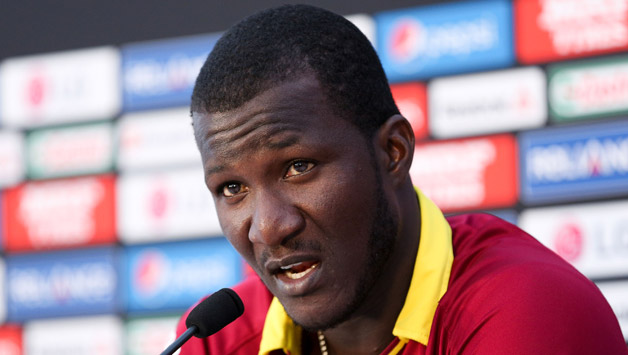

Sir Clive Lloyd, the renowned former captain of West Indies cricket, made an appeal to Caribbean Community (Caricom) officials on Sunday, urging them to prioritize the fight against prostate cancer, just as they had done with non-communicable diseases in the past.
During the official ceremony of the opening of the 47th regional meeting, Lloyd, one of two recipients of the Order of the Caribbean Community (OCC), the highest award in the region, expressed his hope that prostate cancer would receive the same priority as non-communicable diseases like diabetes and hypertension.
The Caribbean has one of the highest age-standardized occurrences of prostate cancer, according to international data.
Lloyd, who led the West Indies from 1974 to 1985, said, “Can I, therefore, make a plea to the community and relevant officials that this matter becomes the focus of urgent attention and action.”
The 79-year-old Guyanese native expressed his hope that prostate cancer will receive attention from Caricom health ministers, noting that he could not recall “that much has been said about it in the region.”
He stated, “If I’m right, let what I say today be a call to action because every four of us do contract this illness and many of our people are dying and dying needlessly,” and that in order to reduce the number of prostate cancer fatalities, “we need men to go and get tested.”
He informed the attendees that there are now numerous enhanced methods, such as salivary tests, that are more accurate than blood tests for screening men over 40 for prostate cancer.
During his speech, Lloyd also suggested that the area host a yearly Caribbean cricket fundraiser in order to gather much-needed funds for disaster relief efforts following hurricanes and other natural catastrophes.
The world’s top cricket players ought to be able to participate in a match held annually in the Caribbean region, which is capable of hosting a big cricket competition. He declared, “I want it to be known as the Caricom Day of Cricket. We can raise a good amount of money that way, even if we don’t have any hurricanes this year, the money we have there can still grow in interest.”
Lloyd stated that the funds might be used to solve other issues even in the event that the storm had no effects.
He remarked, “I hope we can get this going, get it off the ground because the money we can accrue will be very, very important for the rest of the Caribbean.” It will be an important game.
More powerful hurricanes have struck numerous Caribbean nations recently, killing people and destroying property worth millions of dollars.
Only four weeks into the 2024 Atlantic Hurricane season, Hurricane Beryl, a category five storm, made landfall on July 1 in Grenada’s dependencies of Carriacou and Petit Martinique, as well as those of St. Vincent—Union Island, Bequia, Mayrou, and Canoaun. The season ends in November.
Beryl had a significant impact on Jamaica as well. Leaders in the area have been blaming the more developed nations for the hurricanes, claiming that they are a result of climate change.
Leave a Reply